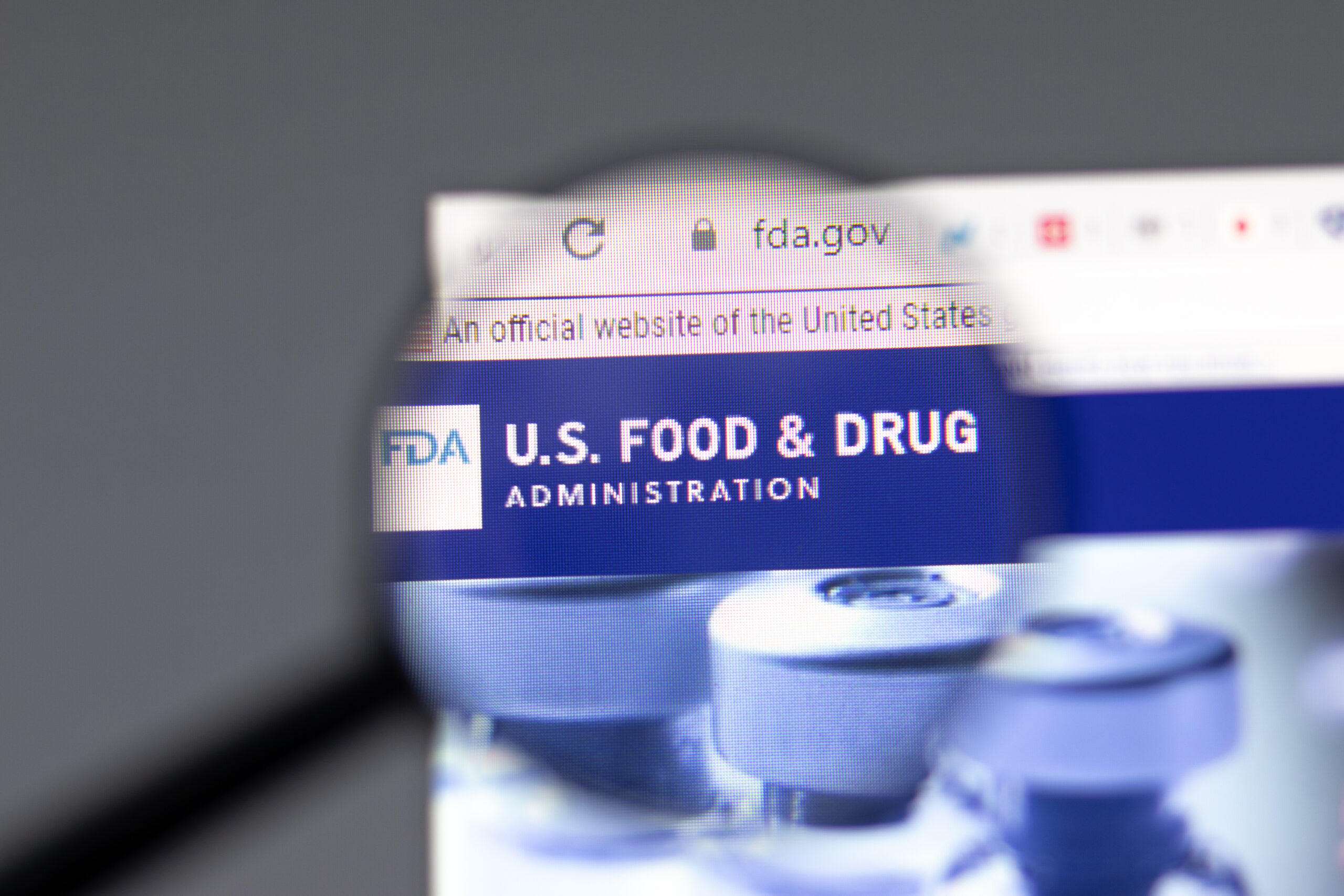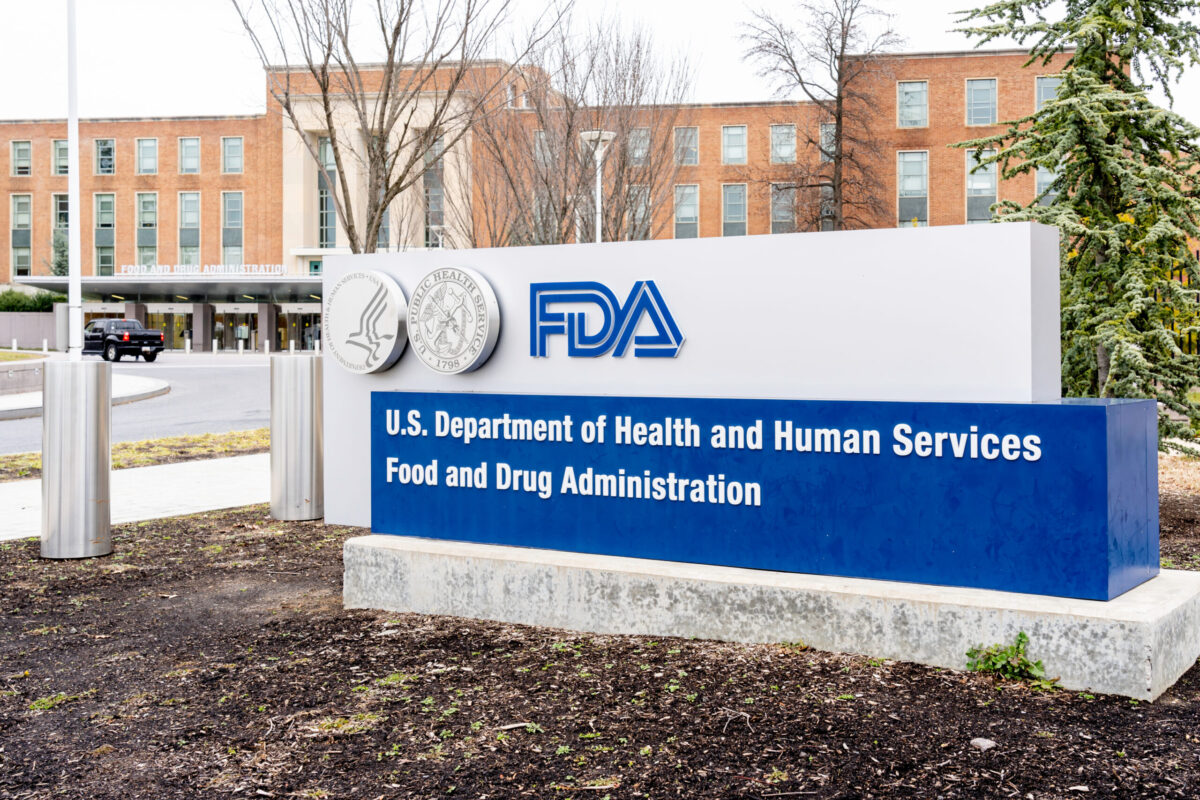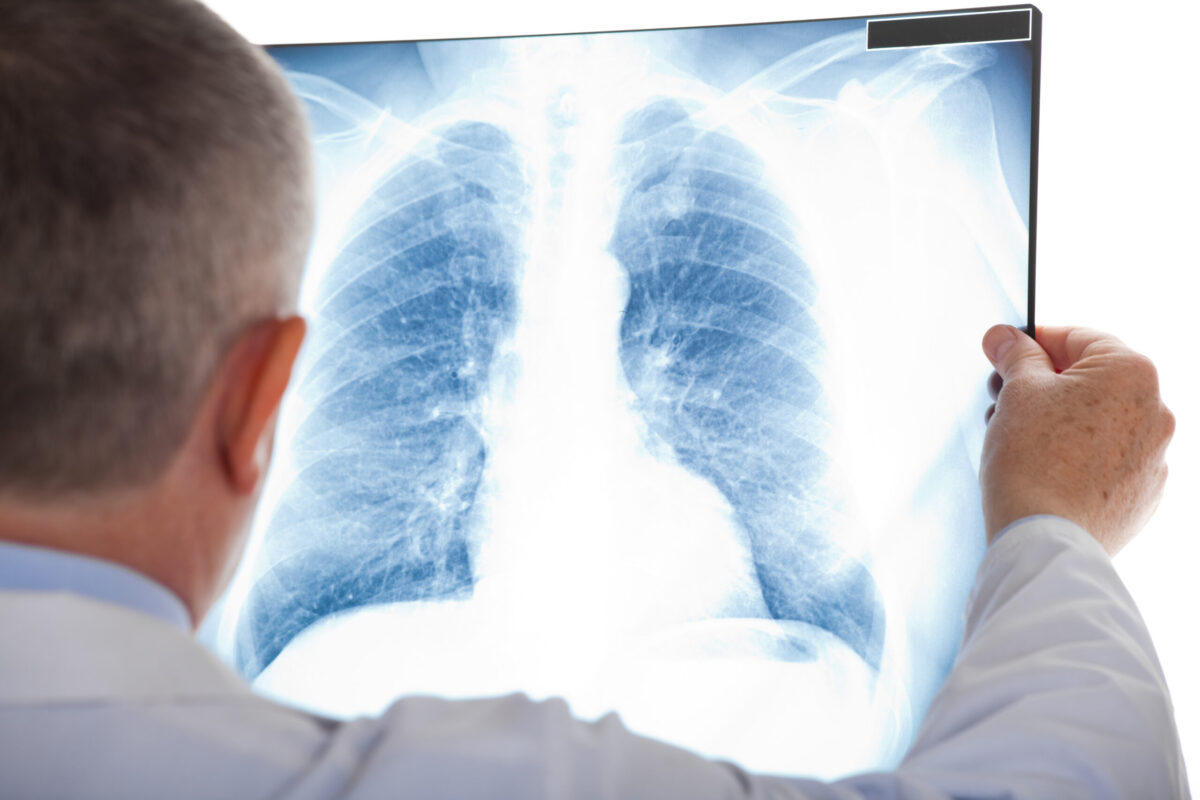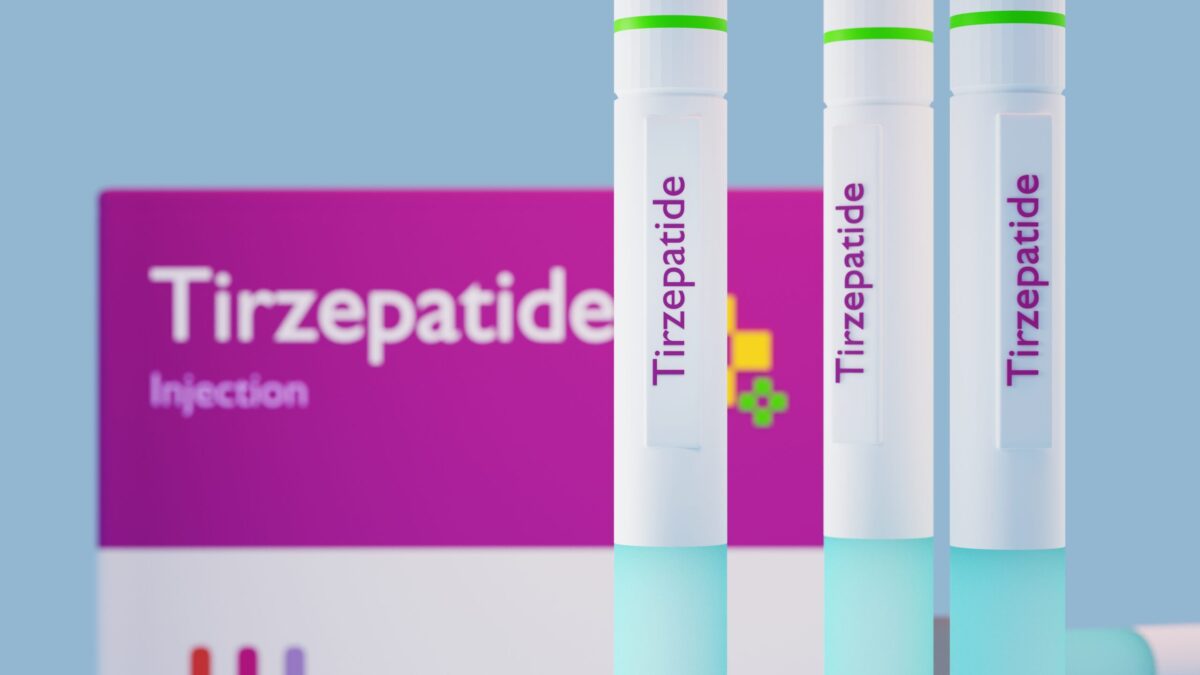Yesterday, global pharmaceutical company Allergan released positive Phase III clinical trial results for the company’s experimental treatment for uterine fibroids. The safety and efficacy trial for was the second of two Phase III studies, and could pave the way for Allergan to submit a new drug application (NDA) for ulipristal acetate to the US Food and Drug Administration (FDA).
“We are pleased with the favorable results of Venus II supporting the efficacy and safety profile of ulipristal acetate as shown in our Venus I trial,” said David Nicholson, Chief Research and Development Officer for Allergan. “Allergan is committed to identifying, developing and bringing to market therapies that address unmet need and provide significant value to the healthcare system, including a potential new treatment for symptomatic uterine fibroids. We are confident that the results of our phase III trials for ulipristal acetate may potentially offer the first and only oral treatment option for women suffering from uterine fibroids in the US.”
The trial involved a total of 432 patients with uterine fibroids who were randomized to one of three arms: low-dose, high-dose, or a placebo. After 12 weeks of treatment, 54.8 percent of patients in the high-dose group (10mg) experienced an absence of uterine bleeding, compared to 42 percent in the low-dose group (5mg), and zero percent in the placebo arm.
In addition, 55.4 percent of patients in the 10mg group experienced an absence of uterine bleeding within ten days of starting treatment with ulipristal acetate, compared to 36.4 percent of patients in the 5mg group, and zero percent of patients on the placebo. As the investigational oral therapy achieved all co-primary and secondary endpoints in the study, with minimal side effects reported, Allergan plans to file an NDA later this year.
“It is indeed very encouraging that we have another successful phase III study conducted in patients with uterine fibroid symptoms, which shows that ulipristal acetate could bring promising treatment for women suffering from this condition,” said Dr. István Greiner, Research Director of Gedeon Richter Plc. “We remain committed to the development of female healthcare products aiming towards the improvement of the quality of life of women in all age groups.”
By the age of 50, up to 80 percent of woman in the US are affected by uterine fibroids. These fibroids grow on the uterine wall and can lead to symptoms ranging from heavy menstrual bleeding and pain, to bowel dysfunction and problems with fertility.
Surgical removal of uterine fibroids is the dominant treatment option, and these growths are the number one cause of hysterectomies in the US. An oral drug for disease management – like Allergan’s ulipristal acetate – could go a long way toward improving quality of life for patients with uterine fibroids.












Join or login to leave a comment
JOIN LOGIN